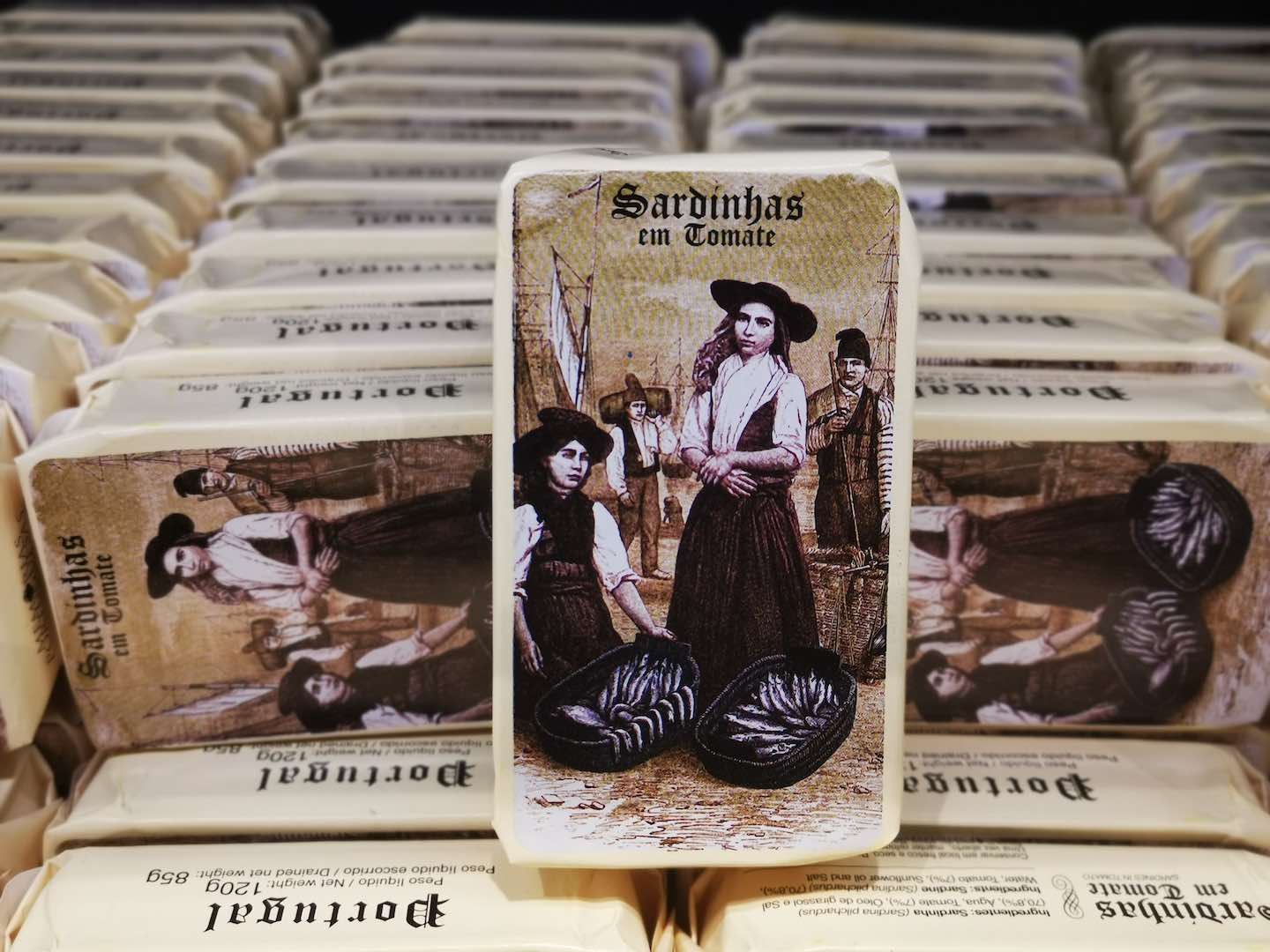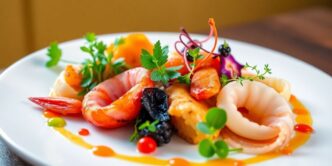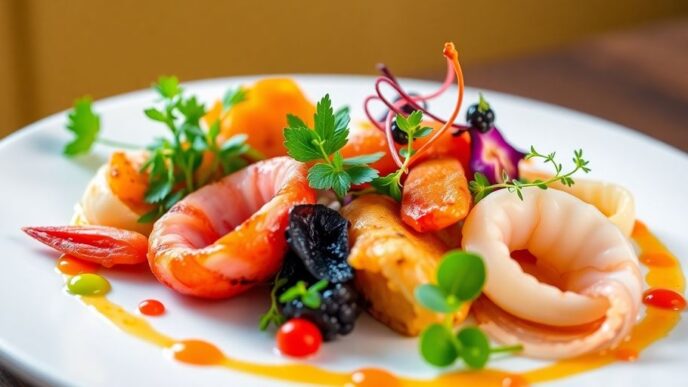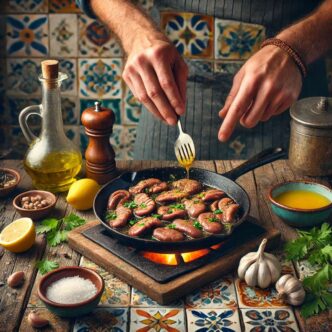Historical Roots and Modern Revival
The Birth of Canning in Setubal
Setubal, a picturesque city by the sea, became the birthplace of canned fish in Portugal during the late 19th century. The industry flourished as local fishermen utilized abundant sardines and tuna, preserving them in olive oil and exporting these delicacies across Europe.
Influence of the Roman Empire on Portuguese Fish Cuisine
The Roman Empire left a significant mark on Portuguese culinary practices, introducing techniques like salting and smoking fish. These methods laid the groundwork for the canning processes that would emerge centuries later, blending ancient traditions with modern needs.
Revival of Traditional Methods and the Role of ‘Can the Can’
In recent years, there has been a resurgence in traditional canning methods, spearheaded by initiatives like ‘Can the Can’. This movement not only revives old techniques but also emphasizes the rich flavors and diversity of Portuguese cuisine, making it a cornerstone of the local gastronomic scene.
Contemporary Canning Industry
Major Players and Brands Today
The Portuguese canning industry is marked by a blend of longstanding companies and dynamic new entrants. Brands like Ramirez, the oldest operational canning company, continue to thrive alongside innovative startups that are redefining market trends.
Innovations in Canning
Innovation in canning processes has been pivotal in maintaining the industry’s competitiveness. Techniques such as improved sealing methods and the introduction of organic ingredients have kept the sector vibrant and relevant.
Sustainability and Ethical Practices
The focus on sustainability and ethical practices has intensified. Companies are increasingly adopting measures such as sourcing fish from sustainable stocks and improving waste management systems to minimize environmental impact.
Culinary Contributions and the Atlantic Diet
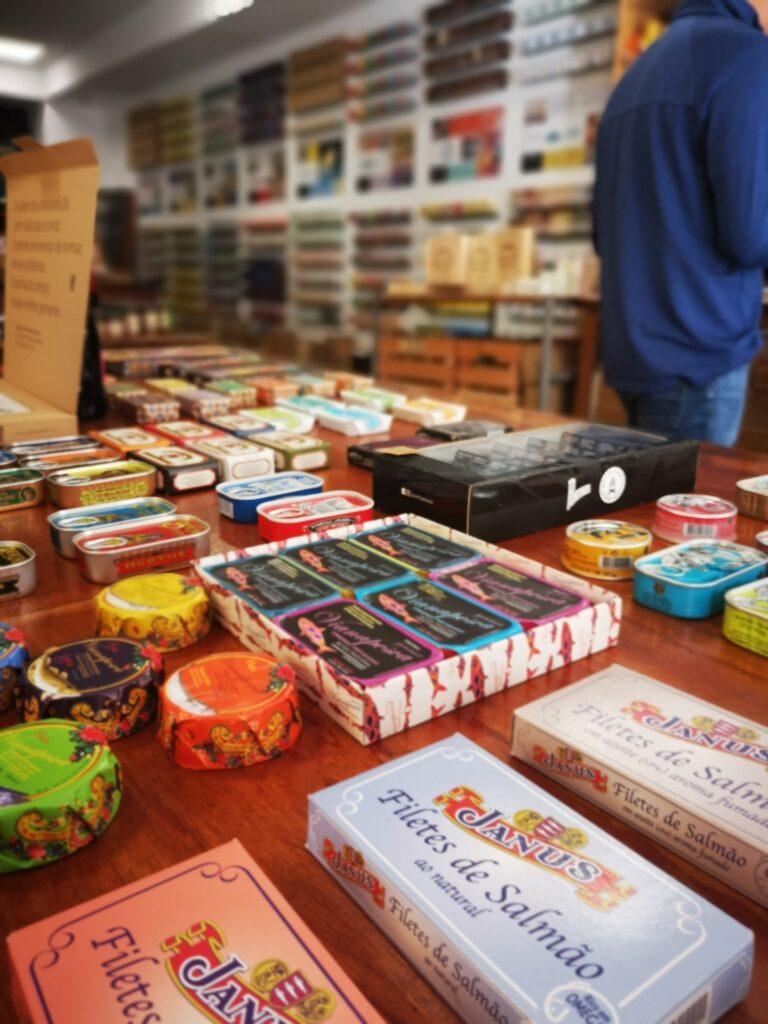
The Role of the Atlantic Diet in Portuguese Cuisine
Portugal’s long coastline has fostered a deep connection with the sea, influencing its culinary traditions. The Atlantic Diet, rich in seafood, reflects this maritime heritage. It emphasizes the consumption of local, fresh fish, which is a staple in Portuguese kitchens. This diet not only offers nutritional benefits but also supports sustainable fishing practices.
Integration of Ancient Techniques in Modern Cooking
Modern Portuguese chefs are reviving ancient cooking methods, integrating them with contemporary techniques. This fusion enhances the flavors and pays homage to Portugal’s historical culinary practices. Dishes like Bacalhau, once prepared with simple salting and drying, are now part of elaborate recipes that highlight the versatility of fish.
Prominent Dishes and Ingredients
Portuguese cuisine is renowned for its diversity in fish dishes. Codfish, or Bacalhau, stands out with over a thousand recipes, utilizing every part of the fish. This approach not only respects the ingredient but also reduces waste, aligning with ethical culinary practices. Other seafood, such as sardines and octopus, also play a significant role in the diet, often featured in both traditional and innovative dishes.
Cultural Impact and Future Prospects
Preservation of Culinary Heritage
Portugal’s rich culinary heritage, particularly in fish canning, has been meticulously preserved. This not only maintains traditional flavors but also supports local economies. The culinary heritage is a bridge connecting past and present culinary practices, ensuring they thrive in modern markets.
Portugal’s Influence on Global Cuisines
The unique flavors and canning techniques of Portugal have significantly influenced global cuisines. From Asia to the Americas, Portuguese canned fish is a staple in various dishes, enhancing global culinary landscapes.
Future Trends in Fish Consumption and Canning
As consumer preferences shift towards sustainability and ethical sourcing, the canning industry in Portugal is poised to adapt. Future trends may include:
- Increased use of eco-friendly packaging
- Greater transparency in sourcing
- Innovation in canning technology to preserve taste and nutrition
Embracing these trends will ensure the industry remains relevant and continues to contribute positively to both local and global markets.

